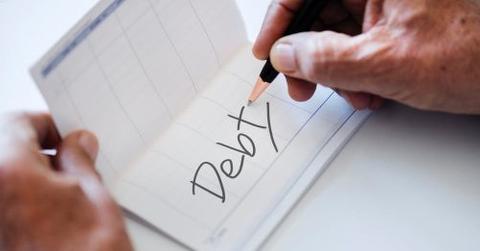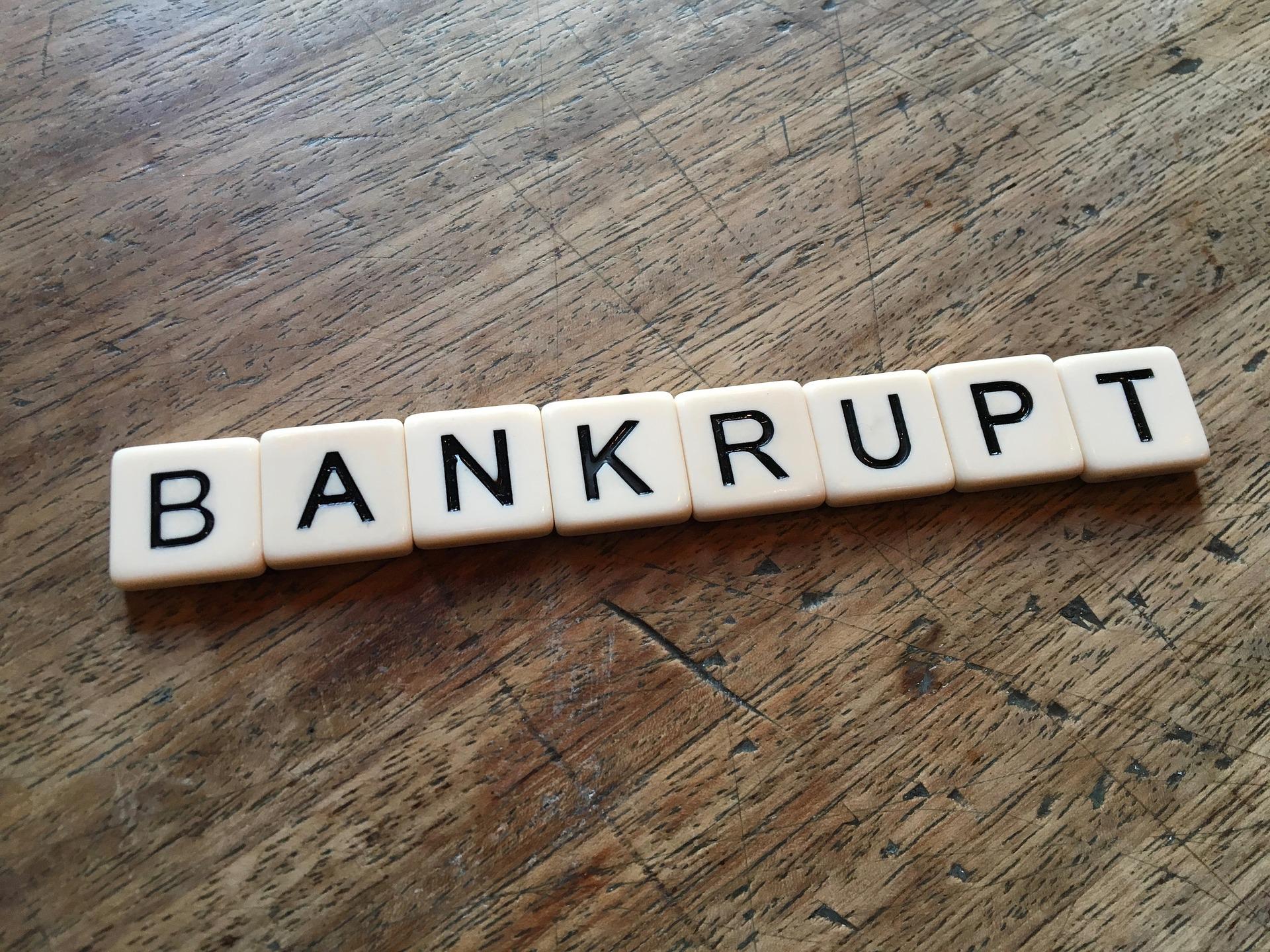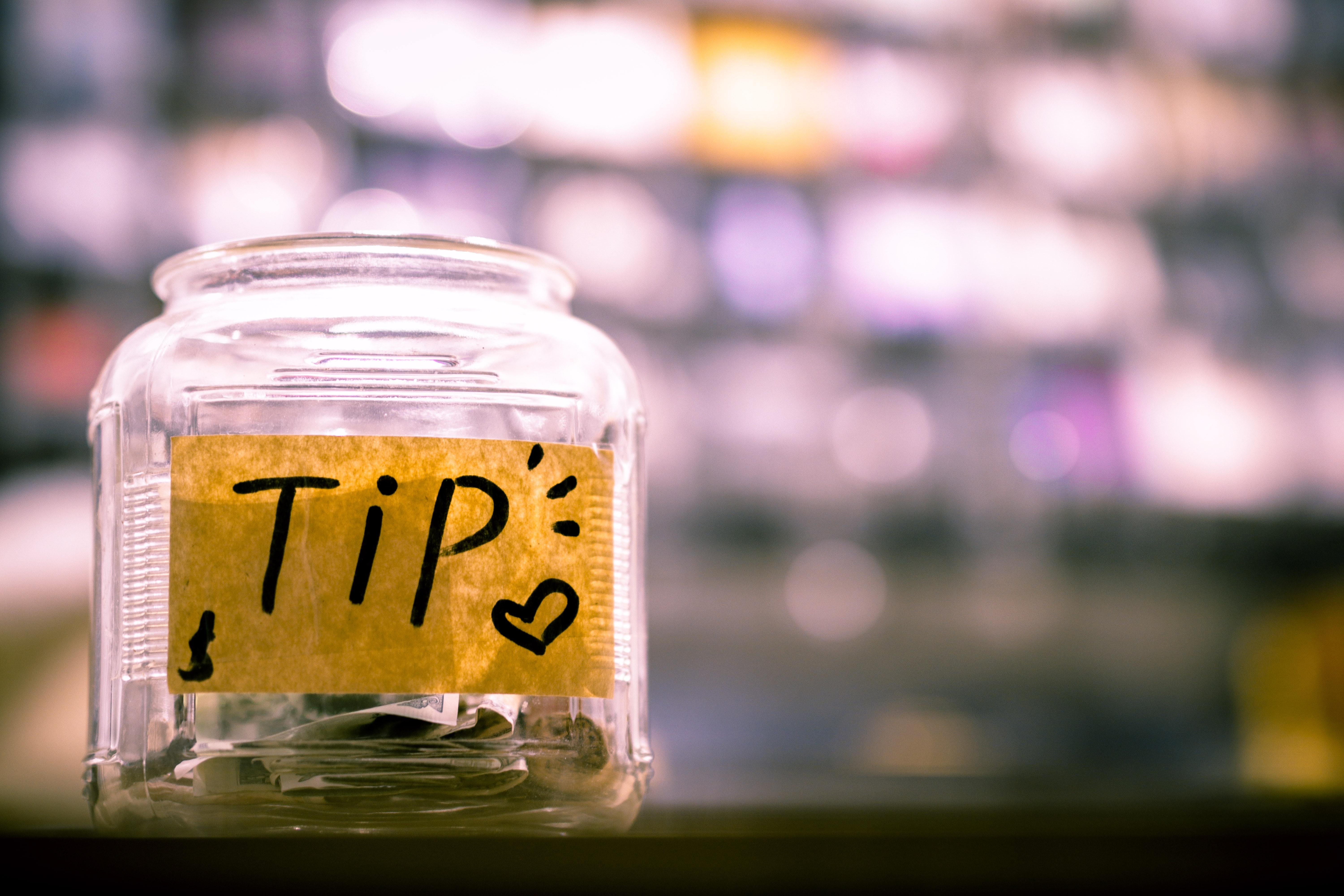Tips To Avoid Defaulting On Your Student Loan

While federal student loans come with a number of flexible repayment plans, private loans typically aren’t so forgiving. So if you’re struggling to pay your bills, it can be tougher to avoid private student loan default than it would be with federal debt.
To make a bad situation worse, defaulting on private student loans (or any loans, for that matter) comes with some nasty consequences. Your credit score could be seriously damaged, for instance, and you might end up in court.
But while the consequences of defaulted private student loans are serious, they’re also solvable. Here’s what you need to know about private student loan default and how to prevent it if it hasn’t yet occurred.
What causes private student loan default?
If you’ve got student debt, you know that not paying them could lead to default. But missed payments aren’t the only action that results in defaulted private student loans. Here are three reasons your school debt could go into default status.
As with federal student loans, private loans go into default if you don’t pay your bills. But while the federal government allows for a 270-day delinquency period before your unpaid loans are placed default status, private lenders don’t give this much wiggle room. Some allow for three to four months of delinquency before reporting your loan as defaulted; others will label your loan as defaulted after a single missed payment.
If you borrowed private student loans for your undergraduate education, chances are you applied with a cosigner, such as a parent. Because your cosigner shares this debt, their actions can affect its status. Even if you’re making on-time payments, your loan could potentially be considered in default if your cosigner declares bankruptcy, and in some cases it automatically goes into default if the cosigner passes away.
Finally, your private student loan could enter default if you file for bankruptcy or default on other debts. Even if you’re paying your student loan on time, these other financial events could trigger default. If you’re in this situation, speak with your lender or examine your student loan contract to see what could happen.

7 consequences of defaulting on private student loans
If any of these events trigger private student loan default, here’s what could happen next.
Chances are, you defaulted on your private student loans because you couldn’t afford monthly payments. But, ironically, defaulting means your lender will likely demand full and immediate repayment of the entire loan. Because you missed payments, your original repayment plan becomes null and void. Since this agreement is canceled, the lender may ask you to repay the debt in full. Of course, you probably aren’t able to pay back the entire loan all at once, so you’ll need to find other ways to fix this situation.
Your lender will report your defaulted private student loan to the credit bureaus. Since a big part of your credit score is based on on-time repayment of debt, your score will likely take a serious hit. This red mark will show up on your credit history, making it difficult to take out another loan or get other forms of credit in the future. In most cases, negative marks can stay on your credit for up to seven years, unless you’re able to file a successful dispute and get them removed.
After you default, your lender might send your loan to a collections agency. Once this happens, expect to get lots of calls and mail from collections agents requesting repayment. That said, it’s illegal for collections agents to harass you — for example, they’re not supposed to contact you before 8 a.m., after 9 p.m., or at work if you’ve asked them not to. Protect yourself by understanding your rights as a borrower.You might owe additional collections feesIf your loan gets sent to collections, you might get charged extra fees. Whether set by your initial contract or state law, these fees could make your debt even more expensive, sometimes even adding 25% to 40% to your balance.You could get suedIf you don’t respond to attempts to collect the debt, your debt collector could bring you (and your cosigner) to court. This is more common if the lender thinks you have the means to pay back your loan but are choosing not to (and less common if you truly are in dire financial straits). Once in court, the lender will have to verify that your debt is legitimate with the right documentation. If the debt collector wins, it could take more extreme action to collect your money.You might face wage garnishment or property liensLet’s say you go to court and lose. If it gets the appropriate court order, the debt collector could actually garnish your wages or seize your assets. This could mean it puts a lien against any property you own or a financial levy on your bank accounts.You might run out the clock on your debt’s statute of limitationsAs you can see, the consequences of defaulting on private student loans can get extremely serious, even leading to wage garnishment or withdrawals from your bank account. But don’t forget that you have rights as a borrower, one of which involves a statute of limitations on debt.These statutes of limitations vary by state and typically range from three to 10 years for private student loans. Once the time limit is up, the lender can’t take any legal recourse against you.Of course, waiting out the clock on your student debt is seriously risky for all the reasons mentioned above. Plus, you must be careful not to reset the clock on the statute of limitations. If you resume repayment at any time, for instance, the clock could start again from zero.
How to prevent defaulting on student loans
If you’re worried about falling behind on private student loan payments, here are four actions that could help your situation.
Let’s say you can’t pay back your private student loan because you lost your job or are going back to school. While private lenders don’t have the same flexible repayment plans as the federal government, some will let you temporarily postpone payments through forbearance.
Although interest will continue to accrue, pausing payments could give you the relief you need until you get back on your feet. You’ll be able to stop making payments for a while without worrying about going into default. If you’re struggling, talk to your lender about temporary forbearance or deferment.
Even if your lender won’t let you pause payments completely, they might be willing to reduce your monthly payments for a period of time. After all, they’d rather have you pay something on your debt than stop making payments completely.
Whether it’s interest-only payments or another adjusted amount, ask about your options. Even if the lender doesn’t list alternative payment plans on its website, it’s always worth calling to see if it can be accommodating.
One surefire way to restructure your debt with new terms and monthly payments is through student loan refinancing. When you refinance, you can choose a new repayment plan, often between five and 20 years.
If your bills are burdensome, a longer plan could be the solution you need. Even though you’ll probably pay more interest over the life of your loan, the lower monthly payments could make your debt easier to manage.
That said, not everyone will qualify for student loan refinancing. You’ll need to pass a credit and income check to qualify for refinancing, or apply with a cosigner who can.
While private student loans aren’t eligible for federal forgiveness programs, like Public Service Loan Forgiveness, they might qualify for private- or state-run loan repayment assistance programs (LRAPs). These programs typically offer thousands of dollars in loan assistance in exchange for working or living in a certain area.
Some employers also offer a student loan matching benefit, which could help you get rid of your debt faster. If you’re job searching, consider applying to a company that could help you pay off your student loans.

Already defaulted? Three steps that could help
The steps above can help you avoid private student loan default, but here’s what you can do if it’s already happened.
Maybe debt collectors are ringing your phone off the hook, but something feels wrong. If you’re not convinced you owe this defaulted private student loan, it could be worth disputing the debt.As long as you make your dispute within 30 days of hearing from a debt collector, that collector will be legally obligated to provide full verification of the loan’s originations.If the collector can’t provide this documentation — or if you discover a mismatch with your own records — you could be able to prove the debt is invalid or you don’t owe as much as the collector claims.
Although full and immediate repayment is probably unrealistic for most borrowers, it is worth mentioning as a way to get out of default. Paying off your entire balance at once will stop the default. If you’ve saved up a large sum or get an unexpected windfall, consider throwing it at your debt to get out of default once and for all.
Finally, consulting a student loan lawyer could be a helpful step. The lawyer could help you understand your options, and explain how your particular state treats defaulted private student loans. It could especially be smart to consult a lawyer if the debt collector has summoned you to court.And if you don’t have the funds to pay for legal aid, you may be able to find low-cost or free assistance via the American Bar Association’s pro-bono listings or the Legal Services Corporation.
Try to avoid defaulting on private student loans
In recent years, some borrowers have intentionally defaulted on their private student loans in protest over the student loan crisis burdening millions of Americans. But whatever you think of the financial situation we’re in, defaulting on your student loans could cause more harm than good.
As you can see, defaulting can damage your credit for years, and invite frequent calls and letters from debt collectors. You could even be brought to court, where a lender could get the right to withdraw money straight from your bank account.
Outside of these financial and legal repercussions, defaulting on student loans is sure to cause a ton of stress and anxiety. So if you’re struggling to pay your bills, try your best to speak with your lender before default occurs.
By keeping open communication, hopefully you and your lender can agree to a repayment plan that keeps your loan in good status without it being too much of a burden on your bank account.
THIS PIECE WAS WRITTEN BY REBECCA SAFIER AND ORIGINALLY APPEARED ON MAGNIFYMONEY.





